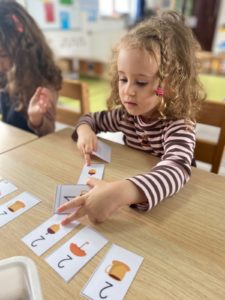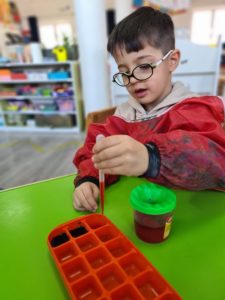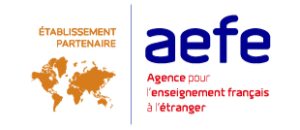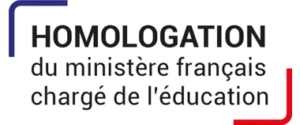Kindergarten
The early learning cycle
- Small Section: 3 to 4 years
- Middle Section: 4 to 5 years
- Big Section: 5 to 6 years
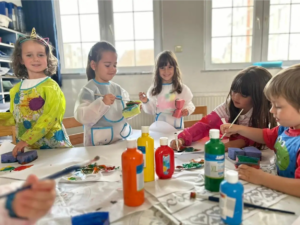
The kindergarten promotes the development and language skills of children. Its mission is to inspire them to learn, grow, and assert their personality. These early years lay the foundation for future learning. Children learn to live together by adopting the principles of social life and respect for others, while also contributing to their personal development within a group.
EFIP’s kindergarten follows the French model, which differs from kindergarten in other countries in several key ways:
Formal education from a young age: the kindergarten is part of the public education system and plays a structured role starting at age 3, with an educational program that includes reading, writing, mathematics, and socialization.
Separation by age groups: It is organized into three sections (PS, MS, GS), tailored to the children’s needs, unlike kindergarten in other countries, which often combines several age groups in the same class.
Preparation for primary school: Maternelle actively prepares children for primary school learning, while kindergarten in other countries often focuses more on recreational activities and social adaptation.
At EFIP, children begin learning English and Albanian in kindergarten.
The teachings are organized into five learning areas:
- Language and communication;
- Physical activity and expression;
- Artistic activities and exploration;
- Early mathematical tools;
- Exploring the world.

